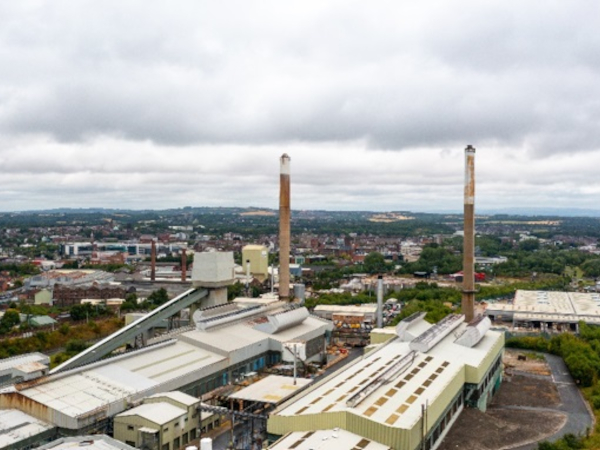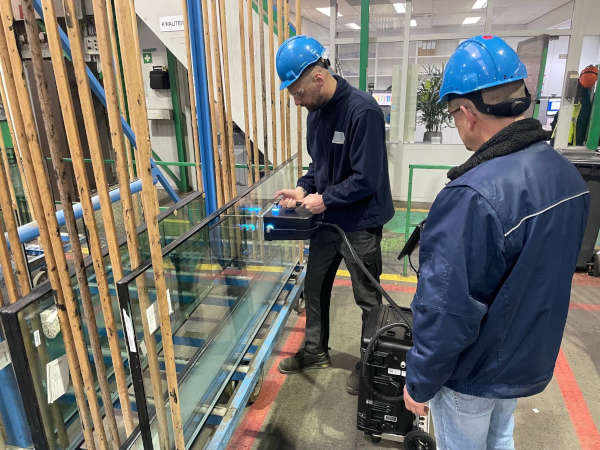Date: 15 April 2002
Glass demand is tied to the housing, construction and car markets. In almost every region of the world outside the UK the situation is grim in the extreme.
Falling demand in housing and construction has led to weaker glass prices in both Europe and the US. Pilkington's Mexican operations were bashed by the strength of the peso and cheap Asian imports. The Australian market started off badly and has improved only slightly.
Meanwhile, Pilkington has had to contend with falling global car production, in particular in Europe where delays to the introduction of new models dented profits in its largest single auto glass market.
The economic crisis and devaluation in Argentina has added to the pain. Overall, the second half of the last financial year was the worst "for several years", said its chief executive, Paolo Scaroni.
While Pilkington will have higher profits this year thanks to a longstanding efficiency programme, analysts still took the axe to forecasts yesterday. JP Morgan cut pre-tax profits for 2002 by £17m, to £210m, and its 2003 forecast by £19m to £220m, giving earnings per share of 8.8p and 9.3p respectively. The numbers don't count exceptional charges, which in Pilkington's case have become pretty usual and typically range between £35m and £40m.
The shares have been in retreat since touching a year-high of 121.5p last month, and slid 2.5p to 110p or 12 times forward earnings. Given uncertainty over the timing of any uplift in Pilkington's main markets, that is not particularly cheap.
All hope is not lost. Pilkington is among the leaders in "added value" glass, such as self-cleaning double-glazing, which it launched into five European markets last month. UK sales should start later in the year, and US interest is said to be strong. And to his credit, Mr Scaroni is addressing overcapacity by taking some of Pilkington's plants out of production.
That said, analysts expect the group's rivals to bring new capacity on stream in Europe this summer, so the newsflow regarding glass demand and prices is likely to be bad over the next three to six months. The shares are too risky.







Add new comment